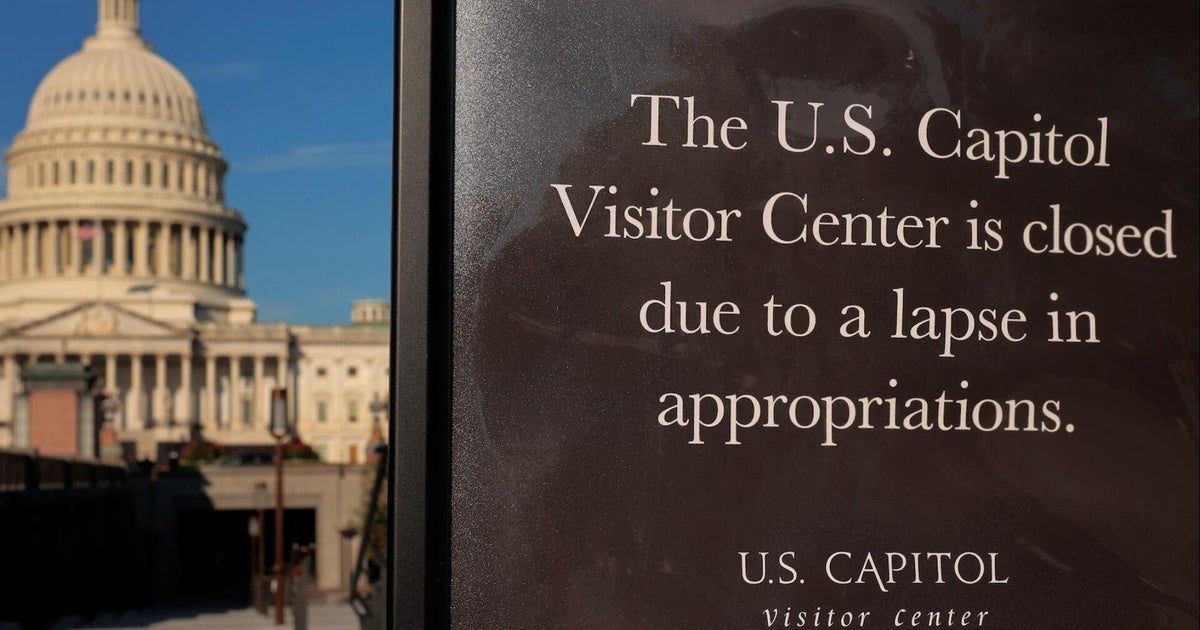In this column, we deliver hot (and cold) takes on pop culture, judging whether a subject is overrated or underrated.
By David Free
October 2, 2025 — 5.30am
Here are some writers who have won the Nobel Prize for Literature. Henryk Sienkiewicz. Bjornstjerne Bjornson. Jose Echegaray. Karl Adolph Gjellerup. Selma Lagerlof. Rudolf Christoph Eucken. Harry E. Martinson. Ole Gunnar Dornberger. Sigrid Undset. Henrik Pontoppidan. Eyvind Johnson. Okay, I made one of those names up. But I bet you can’t guess which one.
Now here are some writers who didn’t win the Nobel Prize. Leo Tolstoy. Mark Twain. Marcel Proust. George Orwell. Virginia Woolf. James Joyce. Franz Kafka. W. H. Auden. Edith Wharton. Joseph Conrad. James Baldwin. Gertrude Stein. Primo Levi. Vladimir Nabokov.

The Nobel’s pattern of honouring mediocrities while snubbing giants began early.Credit: AP
Some of these writers died before their time, and might well have won the prize if they’d lived longer. Others were snubbed because their politics were problematic. And quite a few missed out because the judges were simply drongoes. Sven Hedin, a Swedish mountaineer who sat on the judging panel for 39 years, was asked once why James Joyce had never even been nominated for the prize. “Who?” Hedin is said to have replied.
Like a lot of things in life, the Nobel Prize for Literature sounds pretty impressive if you don’t know much about it. The more you know about it, the less exalted it seems. If the Nobel were a sure-fire guide to literary merit, the list of past winners would read like a Who’s Who of international literature. Instead it reads, about half the time, like a “who’s that?” of literature.
This pattern of honouring mediocrities while snubbing giants began early. In 1901, the inaugural year of the prize, the judges snubbed Leo Tolstoy – whose politics they deemed insufficiently progressive – in favour of the French poet Sully Prudhomme. Remember him? Neither do I. But according to the Nobel judges, Prudhomme’s work exhibited a glorious fusion of “artistic perfection” and “lofty idealism.”
In more recent times, the judges have tended to downplay the “lofty idealism” stuff. This doesn’t mean, though, that they’ve dedicated themselves to sniffing out and honouring literary talent wherever it happens to lie. Extra-literary considerations are always in the mix.
One is the question of whose turn it is this time. The word “turn” has many applications here. What language community hasn’t had a crack for a while? What identity group hasn’t been honoured lately? What nation or landmass has been getting the short end of the stick?
There’s also the tricky question of age. It’s not done to award the prize posthumously. But at the same time, it’s customary to give it to writers who’ve amassed sizeable bodies of work. This means, in practice, that a plausible Nobel candidate must occupy a perilous sweet-spot of seniority. They have to be still alive, but only just. They have to be death-adjacent. Many a potential laureate has missed out by dying just a year or two ahead of schedule. T. S. Eliot, who won the Nobel in 1948, worried that it was “a ticket to one’s funeral.”
All writers worth their salt know the Nobel is something of a joke in literary terms. But they also know that the average punter doesn’t know that. The average punter thinks that if you win the Nobel, that means you’re the most shit-hot writer in the world.
Loading
Hence, most eminent writers crave the prize quite desperately, and few make the tactical error of publicly saying what they really think about it.
There have been honourable exceptions. Martin Amis, shortly before his death, remarked that the prize had been bestowed all too often on “Swedes of profound and durable obscurity.”
Jorge Luis Borges, who was nominated 13 times but never won, said that “not granting me the Nobel Prize has become a Scandinavian tradition”.
Later on, it became a Scandinavian tradition to deny the prize to Philip Roth. “I wonder if I had called Portnoy’s Complaint ‘The Orgasm under Rapacious Capitalism,’ if I would thereby have earned the favour of the Swedish Academy,” Roth said in 2014.
Loading
Roth was 81 years old by then, and the Swedes’ annual snubbing of him had become a running joke. The punchline came in 2016, two years before Roth’s death, when the Nobel went to Bob Dylan – who was, like Roth, American, male, and Jewish. By giving the prize to Dylan, the Swedes seemed to be flaunting their willingness to give it to pretty much anyone but Roth – even if that person’s stuff barely qualified as literature.
Asked for his opinion about Dylan’s victory, Roth said, “It’s okay, but next year I hope Peter, Paul and Mary get it.”
When this year’s Nobel Prize for Literature is awarded on October 9, it may or may not go to a writer who deserves it on literary grounds. One thing’s for sure. You’ll be hearing a lot about how “prestigious” the prize is. When you do, don’t forget what the word “prestige” originally meant. It meant a conjuring trick or illusion.
Most Viewed in Culture
Loading


















































